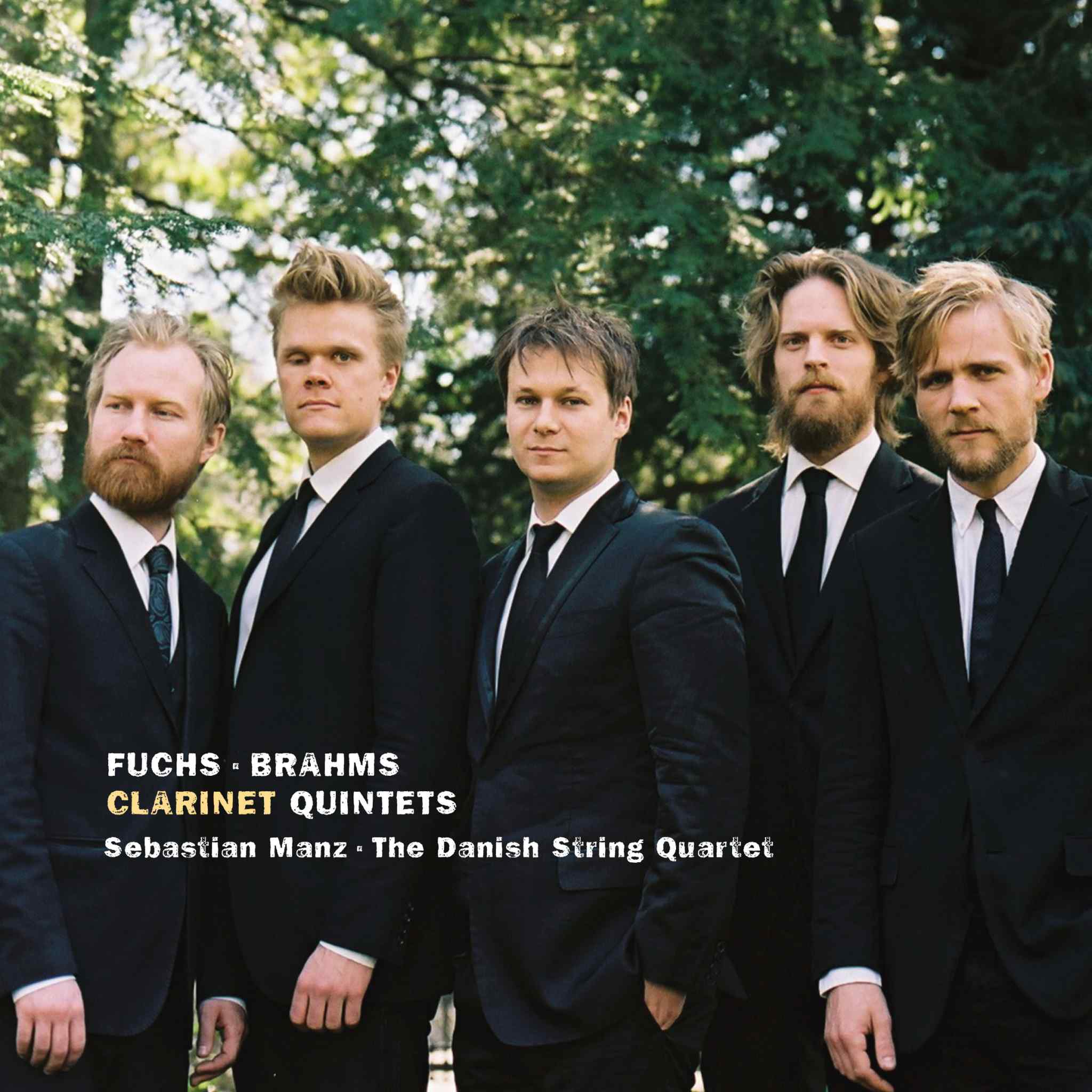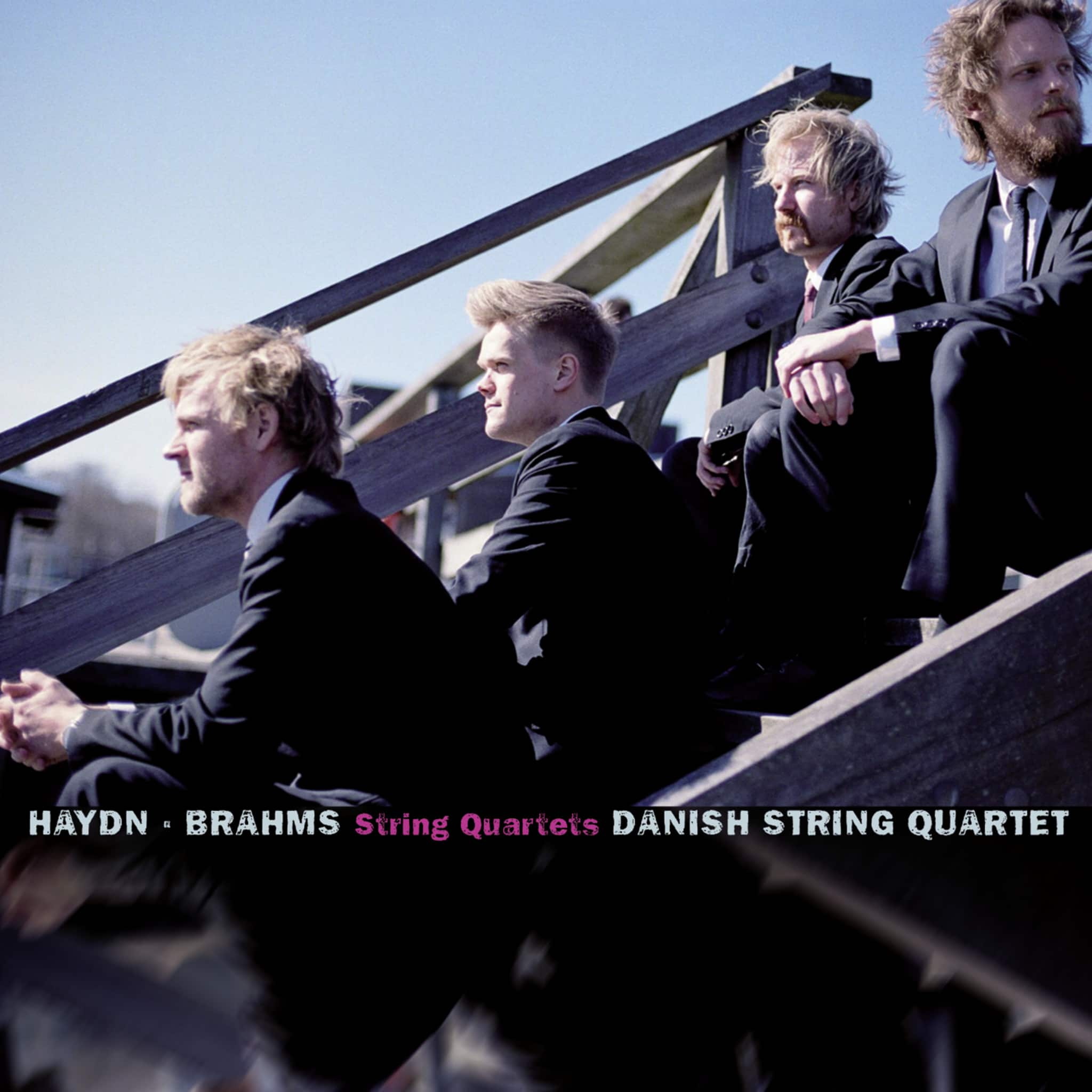Album insights
Robert Fuchs, a successful composer and esteemed teacher, was part of Johannes Brahms' inner circle in Vienna. Despite being known as the "Serenade-Fuchs," his extensive repertoire encompassed over 100 printed compositions across various genres. Brahms admired Fuchs' talent and actively promoted his works within musical circles, showcasing respect for his younger colleague. Fuchs, a musical personality from Austria, initially pursued teaching but eventually focused on composing, achieving early success with his 1st Serenade in 1874. He established connections with the exclusive Brahms circle and later took on important roles in Vienna's music scene.
Unfortunately, Fuchs faced a decline in recognition after Brahms' passing and the rise of a more progressive musical taste in Vienna, which categorized him as an "old Austrian master" from a bygone era. Despite his virtues, Fuchs' humble nature and lack of self-promotion hindered wider appreciation of his compositions. A notable portion of his works centered on piano music, showcasing his skill and craftsmanship in this area. One of his acclaimed compositions, the B minor Piano Concerto, faced initial skepticism from Brahms but eventually won his approval and admiration, reflecting Fuchs' talent and creativity.
Drawing parallel similarities between Friedrich Kiel and Robert Fuchs reveals shared backgrounds in modesty, talent, and music expertise, warranting a CD compilation of both composers' works. While not an extroverted composer, Kiel's Klavierkonzert B-Dur op. 30 stands out as a masterful creation infused with Beethoven's influence yet maintaining his distinctive style. Despite initial challenges, Kiel's oeuvre, encompassing choral, chamber, and piano music, showcases his musical prowess and noble melodies. Kiel's less flamboyant approach to music, characterized by subtlety and humility, contrasts with Mendelssohn's more engaging style, highlighting the rich craftsmanship and depth in his compositions.
In summary, both Fuchs and Kiel, esteemed composers from the 19th century, navigated musical spheres with finesse and dedication, leaving behind a legacy of rich compositions that deserve rediscovery and acclaim in contemporary settings.







